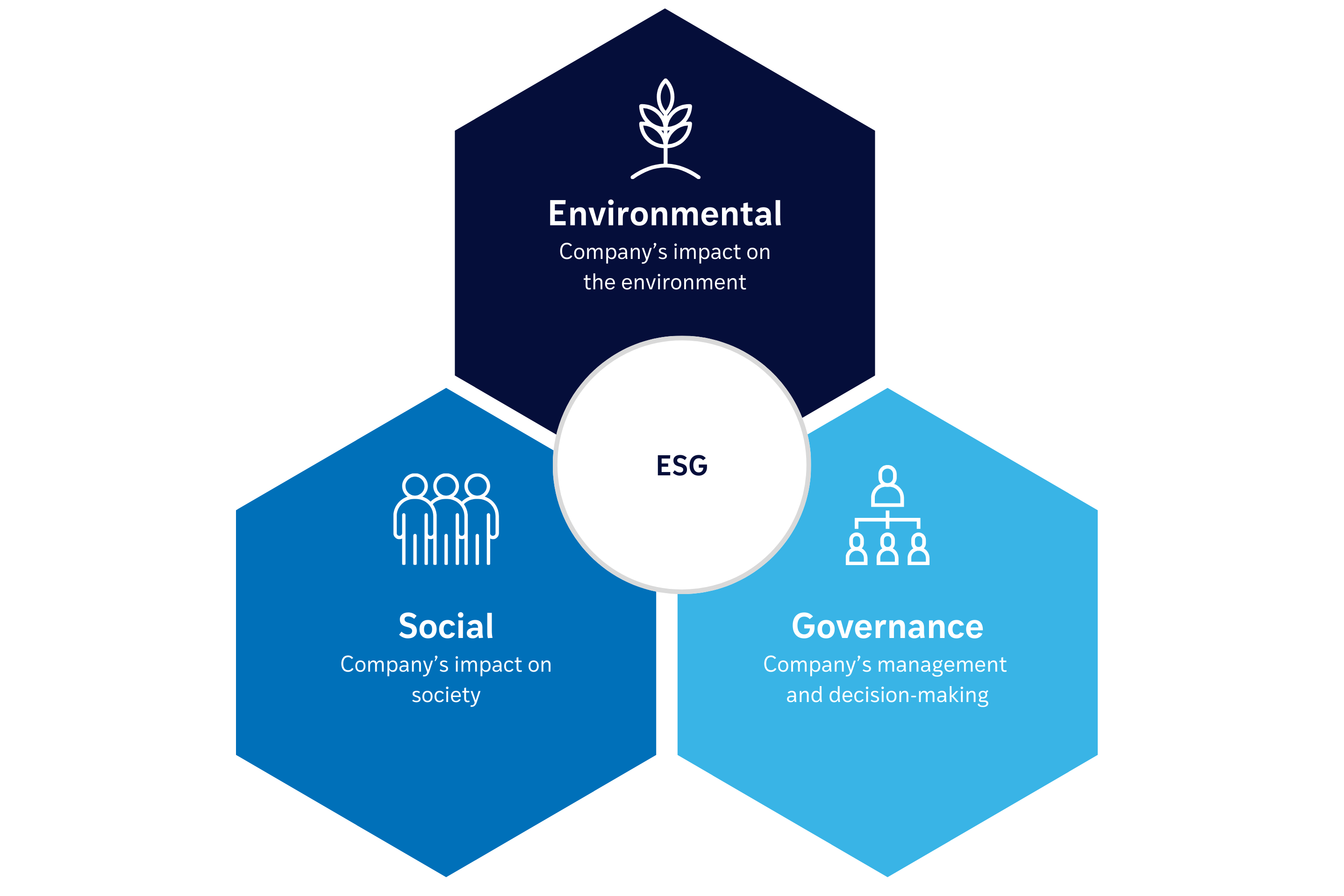Vincents for Instructing Lawyers
- Business Transformation
- Corporate Insolvency
- Informal Arrangements
- Small Business Restructuring
- Solvency & Investigative Reporting
- Turnaround
I need help with...
- My client disagrees with their co-directors on the future direction of their company. Where to from here?
- What is voluntary administration?
- I have received a Statutory Demand for payment. What do I do?
- My business is in trouble, but can it be saved?
Vincents for Individuals
I need help with...
- Why does a business need finance?
- What is refinancing?
- Can a job switch affect your mortgage application?
- What are chattel mortgages for asset financing?
Featured Insight
Nurses, teachers or CEOs: which occupation boasts more property investors?
Read More
I need help with...
- What records do I need to keep in relation to my tax return?
- What are the ATO Guidelines for claiming WFH deductions?
- Aged Care
- Divorce & Family Settlements
- Estate Planning
- Family Wealth Management
- Intergenerational Wealth Transfer
- Investment & Portfolio Management
- Personal Injury & Compensation
- Superannuation & Retirement Planning
- Wealth Protection
I need help with...
- How do I protect my wealth?
- Where should I start my investment journey?
- How do I plan financially for my retirement?
- How do I prepare my estate for the next generation?
I need help with...
- My client disagrees with their co-directors on the future direction of their company. Where to from here?
- What is voluntary administration?
- I have received a Statutory Demand for payment. What do I do?
- My business is in trouble, but can it be saved?
Featured Insight
Division 296 Tax: Will there be additional taxes on superannuation balances?
Read More
Vincents for SME
I need help with...
- Why does a business need finance?
- What is refinancing?
- Can a job switch affect your mortgage application?
- What are chattel mortgages for asset financing?
Featured Insight
Nurses, teachers or CEOs: which occupation boasts more property investors?
Read More- Business Transformation
- Corporate Insolvency
- Informal Arrangements
- Small Business Restructuring
- Solvency & Investigative Reporting
- Turnaround
I need help with...
- My client disagrees with their co-directors on the future direction of their company. Where to from here?
- What is voluntary administration?
- I have received a Statutory Demand for payment. What do I do?
- My business is in trouble, but can it be saved?
Featured Insight
Division 296 Tax: Will there be additional taxes on superannuation balances?
Read More
Vincents for Corporate
I need help with...
- Why does a business need finance?
- What is refinancing?
- Can a job switch affect your mortgage application?
- What are chattel mortgages for asset financing?
Featured Insight
Nurses, teachers or CEOs: which occupation boasts more property investors?
Read More
I need help with...
- My client disagrees with their co-directors on the future direction of their company. Where to from here?
- What is voluntary administration?
- I have received a Statutory Demand for payment. What do I do?
- My business is in trouble, but can it be saved?
Vincents for Government
Vincents for NFP








